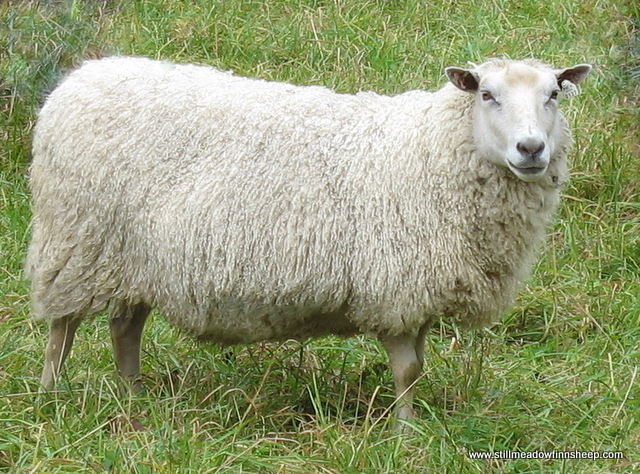Sheep’s milk is healthier because it contains approximately twice (and in some cases more than twice) the benefits of other milks(cow and goat), is easier to digest and is milder than goat’s milk.
- People who develop intolerances say sheep’s milk gives them the least (or no) digestive problems.
- Due to its high calcium content, it is very good for preventing osteoporosis and for people who already suffer from it.
- It is the most nutritious milk currently sold in the world. The only milks that can be compared to it are camel milk and water buffalo milk.
- Ideal for cheese production, as it contains twice the solids of cow’s or goat’s milk.

Why sheep’s milk is healthier: nutritional value
Sheep’s milk is healthier due to its nutritional composition compared to goat’s and cow’s milk. Especially in the most important nutritional substances, such as: proteins, calcium, iron, magnesium, zinc, thiamine, riboflavin, vitamins B6 and B12, vitamin D, amino acids, linoleic acids and the 10 essential amino acids.
The daily requirements of calcium, riboflavin and 5 of the 10 essential amino acids are met by consuming only 2 cups (490 g) of sheep’s milk per day without adding anything else. Alternatively, 2 cups sheep’s milk yogurt or 93 g sheep’s milk cheese.
Minerals
Calcium and Zinc are higher in sheep’s milk. Calcium combined with lactose and the high amount of vitamin D is great for the prevention of Osteoporosis.
Sheep’s milk provides 254% of the daily calcium requirement (800 mg), while cow’s milk provides only 170%. Stilton cheese (cow) provides only 320 mg / 100 g compared to Roquefort (ewe) 530 mg / 100 g.
Zinc is very good for the skin, which together with phosphorus makes them better absorbed by the body.
Vitamins
Vitamins such as B complex vitamins and especially vitamins A, D and E are absolutely essential for good health and are usually recommended as supplements.
All these vitamins are found naturally in large quantities in sheep’s milk.
Sheep’s milk is especially rich in folic acid and vitamin B12.
Fats
Sheep’s milk contains twice as much butterfat as goat’s and cow’s milk. The fat globules in sheep’s milk are smaller than those in cow’s or goat’s milk. Therefore, the milk is more homogeneous. Smaller fat globules are more easily digested and are less likely to cause high cholesterol.
In addition, sheep’s milk is not as rich in saturated fatty acids as other types of milk. 45% of the fatty acids in sheep’s milk are monounsaturated or polyunsaturated (healthy fats).
Proteins
Sheep’s milk casein, the protein associated with cheese, is highly tolerable for people with intolerances.
Compared to goat’s or cow’s milk, sheep’s milk contains three times more of this type of protein. However, due to its high protein content, it is not recommended for infants under 12 months of age.
Lactose
Even in the case of people with a high lactose intolerance, it will be possible to use sheep’s milk products.
When yogurt is made from sheep’s milk, lactose is converted into lactic acid and during the production of hard cheeses, lactose is released into the whey.
It has also been shown that the lactose in sheep’s milk is more acceptable to humans than in other types of milk.
| Nutrient | Sheep | Goat | Cow |
|---|---|---|---|
| Vitamin A | 83 | 44 | 52 |
| B Carotene | 0.2 | <0.1 | <0.21 |
| Vitamin D | 0.18 – 0.88 | 0.12 | 0.03 |
| Vitamin E | 120 | 30 | 90 |
| Vitamin C | 4700 | 1100 | 1500 |
| Thiamine | 85 | 41 | 40 |
| Riboflavin | 330 | 138 | 180 |
| Vitamin B6 | 83 | 63 | 50 |
| Vitamin B12 | 0.6 | 0.08 | 0.4 |
| Nicotinic acid | 428 | 328 | 80 |
| Pantothenic acid | 464 | 415 | 50 |
| Biotin | 2.6 | 3.1 | 3.0 |
| Folic acid | 5.6 | 0.6 | 0.5 |
